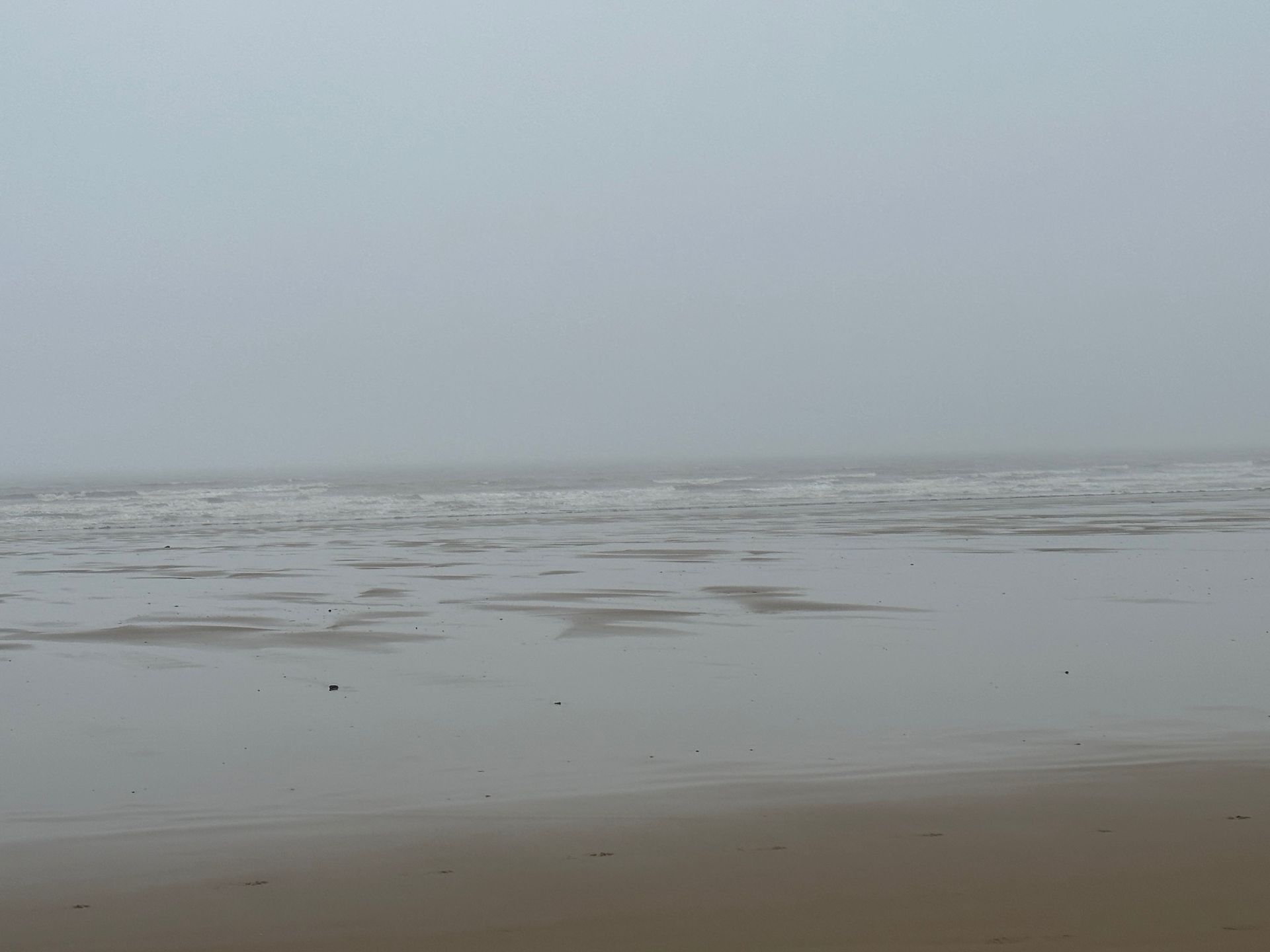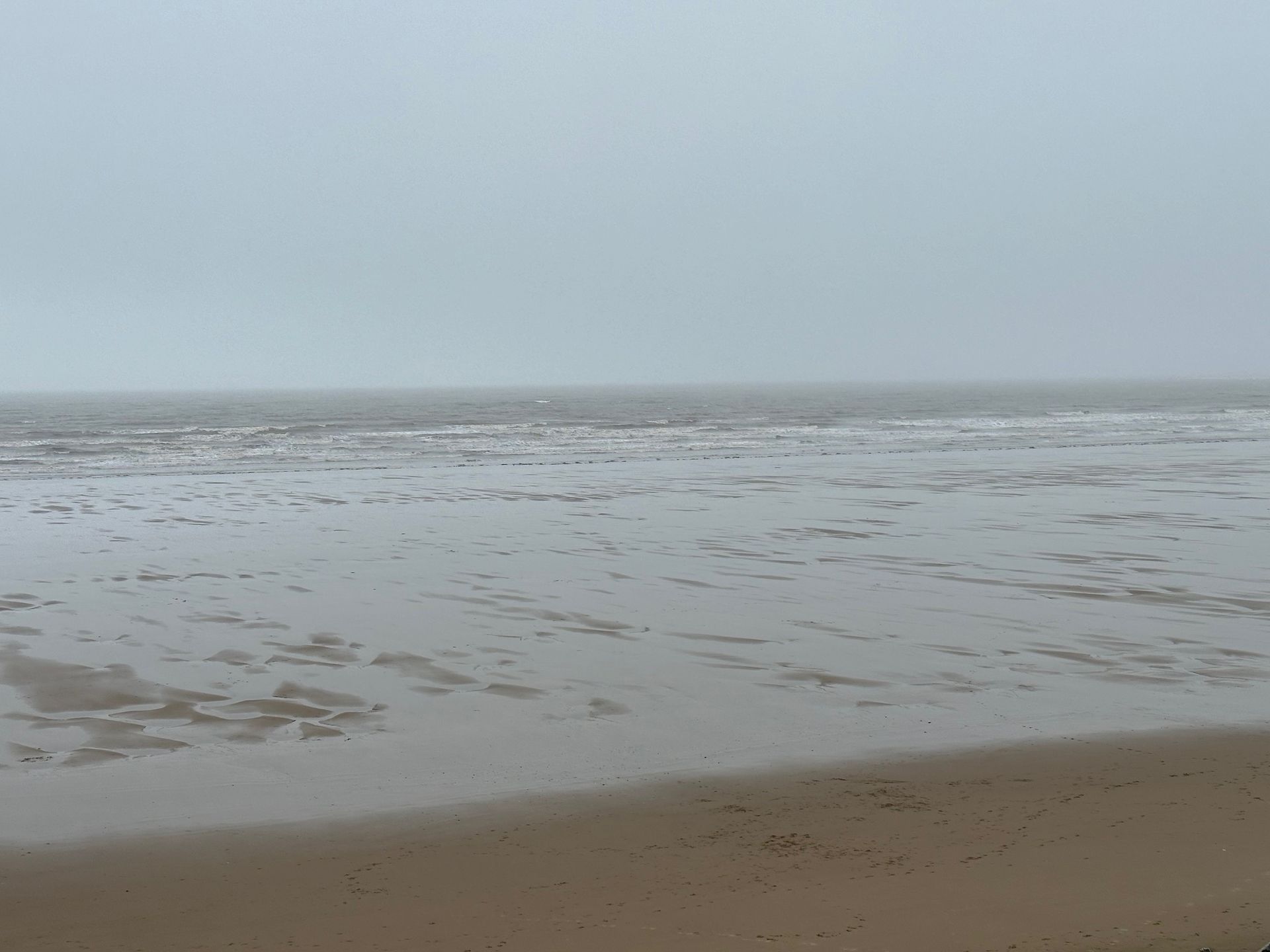Message of Abbot Paul - Wednesday - 13th March 2024
Abbot Paul • March 12, 2024
Yesterday I visited my mother together with Toby. Now 97 years’ old, she still amazes both of us with the most spectacular meals. Of course, she’s not an easy person to get on with and over our lifetime together we’ve had a number of ups and downs. I’m blessed in having a very special friend who prays for me each time I go home, not only that I have a safe journey there and back, but also that my mum and I discover that maternal and filial love that at times has been missing from our lives. Yesterday his prayer was particularly powerful enabling us both to cherish the glory of God’s love.
I will just say a few words about today’s Gospel from John, (Jn 5: 17-30). Our passage is the continuation of yesterday’s reading, where we heard of the third sign that Jesus gave in healing a sick man at the Sheep Pool in Jerusalem. John frequently talks about “the Jews,” by which he usually means the religious leaders in Jerusalem, high priests, scribes and Pharisees. This doesn’t refer to ordinary folk, let alone the sick and the outcast. Jesus tries to explain why he does the things he does, especially healing on the Sabbath. “Jesus said to the Jews, ‘My Father goes on working, and so do I.’ But that only enrages them more and they become intent on killing him, because, not content with breaking the sabbath, he speaks of God as his own Father, and so makes himself God’s equal.” John’s Gospel is powerfully Christological and doesn’t shy away from presenting Jesus Christ as the incarnate Son of God. Little wonder the religious authorities take exception to his teaching and oppose him from the start. He is not the sort of Messiah they’re expecting and certainly not the one they want. To the accusation, Jesus replies, and here I only give a brief summary. You will need to read the text yourselves. Jesus develops in some detail the theme of his relationship with God, of the Son to the Father. He says,
“the Son can do nothing by himself;
he can do only what he sees the Father doing:
and whatever the Father does the Son does too.”
You will notice that this monologue of Jesus is written in poetic form, following the Hebrew tradition of the Prophets and Wisdom Literature.
“Thus, as the Father raises the dead and gives them life,
so the Son gives life to anyone he chooses;
for the Father judges no one;
he has entrusted all judgement to the Son,
so that all may honour the Son
as they honour the Father.”
Already, at this stage in his ministry, Jesus is talking of raising the dead and giving them new life. He is talking about his own death and resurrection and that of those who believe in him, for he also goes on to say,
“I tell you most solemnly,
whoever listens to my words,
and believes in the one who sent me,
has eternal life;
without being brought to judgement
he has passed from death to life.”
Later in the Gospel, Jesus will tell his disciples that, “I and the Father are one.” But for now, he concludes, saying,
“my aim is to do not my own will,
but the will of him who sent me.”
Heavenly Father, may it be our desire, as it was always that of Jesus to do your will, and your will only, as we pray, “Thy will be done on earth as it is in heaven.” Amen














